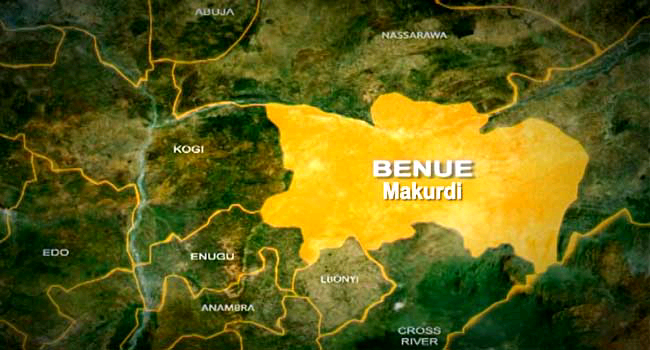Ekiti’s Monthly IGR Soars from ₦650m to ₦2.3bn in Three Years

The Ekiti State Government has announced a major milestone in its fiscal performance, revealing that its monthly Internally Generated Revenue (IGR) has grown from ₦650 million to ₦2.3 billion within a three-year period.
The Executive Chairman of the Ekiti State Internal Revenue Service (EKIRS), Mr. Jide Alade, disclosed the figures during a recent briefing in Ado-Ekiti. He attributed the remarkable increase to a series of institutional reforms, digital innovations, and renewed public confidence in the state government.
“This growth did not happen by accident. It is the product of focused leadership, strategic investments in technology, and the cooperation of our citizens who now see that their taxes are working for them,” Alade said.
Before the current administration took office, Ekiti was among the states with the lowest IGR in the country, relying heavily on federal allocations to fund its budget.
However, under Governor Biodun Oyebanji’s leadership, the state embarked on a comprehensive revenue reform programme aimed at improving efficiency, plugging leakages, and expanding the tax net.
Key strategies included the automation of payment systems, better enforcement of compliance, and the deployment of a data-driven tax administration platform. EKIRS also launched taxpayer education initiatives and simplified processes for businesses to meet their obligations.
By mid-2023, the state’s IGR had crossed the ₦1 billion monthly mark for the first time. Less than two years later, it has now exceeded ₦2 billion monthly, positioning Ekiti for greater fiscal sustainability and reduced dependence on federal allocation.
Government officials say the increased revenue has been channeled into infrastructure development, healthcare, education, and social services across the state. Projects such as road rehabilitation, school upgrades, and access to clean water have reportedly seen increased funding as a result.
Governor Oyebanji has described the development as a validation of his administration’s vision for a self-reliant and economically viable Ekiti State. He reiterated his commitment to maintaining transparency and ensuring that taxpayers feel the impact of every naira collected.
Financial analysts have praised the state’s performance, noting that consistent growth in IGR is a strong indicator of good governance and economic discipline. They also highlighted the importance of maintaining the momentum to withstand external shocks and fiscal uncertainties.
With the current trajectory, Ekiti State now aims to generate enough internal revenue to cover its recurrent expenditure and make strategic capital investments marking a significant departure from its past fiscal limitations.







